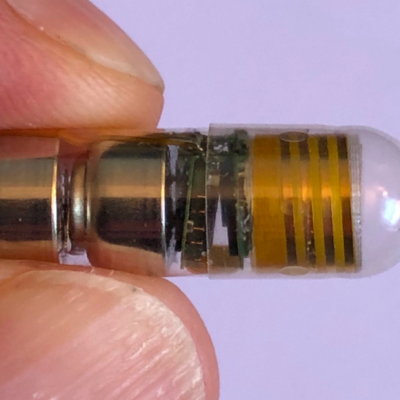A new study has found that a treatment called Theta-Burst transcranial magnetic stimulation (TBS) can improve self-control and reduce cigarette cravings in smokers. The brains of nicotine-dependent individuals and healthy non-smokers have been found to differ in recent years, with smokers having less grey matter in their brains. This can affect inhibitory control (IC), which controls automatic impulses and reactions to stimuli. Researchers at the University of Missouri (MU) investigated whether TBS could help smokers quit their addiction. TBS involves treating the brain with rapidly changing magnetic pulses, and has already been approved by the US Food and Drug Administration (FDA) for the treatment of severe depressive disorders.
The MU researchers conducted a study with 37 participants to investigate whether TBS could help smokers quit. They treated the right inferior frontal lobe of the brain with both continuous TBS (cTBS) and intermittent TBS (iTBS), which are used to treat generalised anxiety disorders and severe depressive disorders respectively. They found that cTBS improved IC, while both cTBS and iTBS reduced cravings and smoking. The treatment can improve smokers’ self-control and reduce their cravings for cigarettes.
The researchers believe that identifying treatments that improve IC can help reduce smoking and prevent relapses. Further research is needed to determine the clinical value of TBS for the treatment of substance disorders. The study’s findings suggest that TBS could be a promising treatment for smokers looking to quit their addiction.










